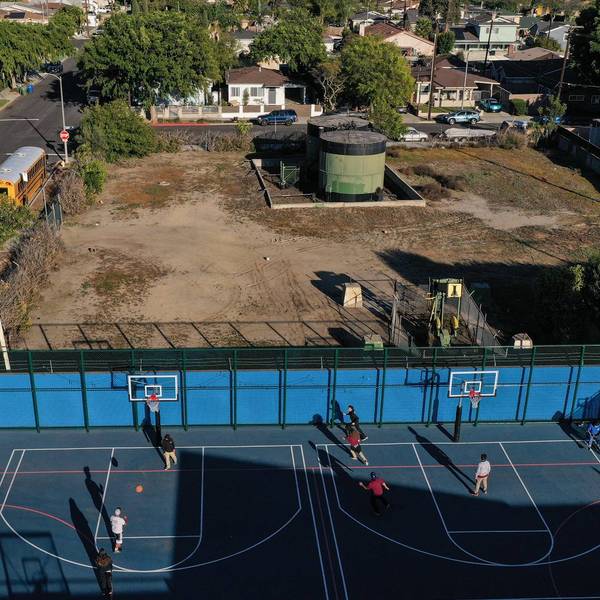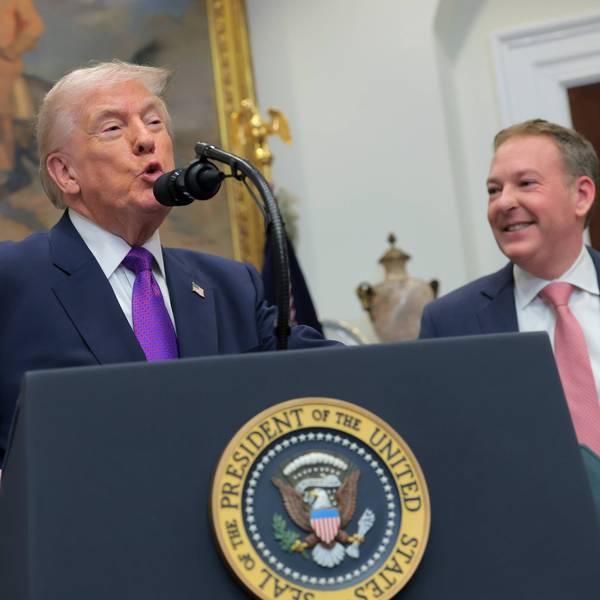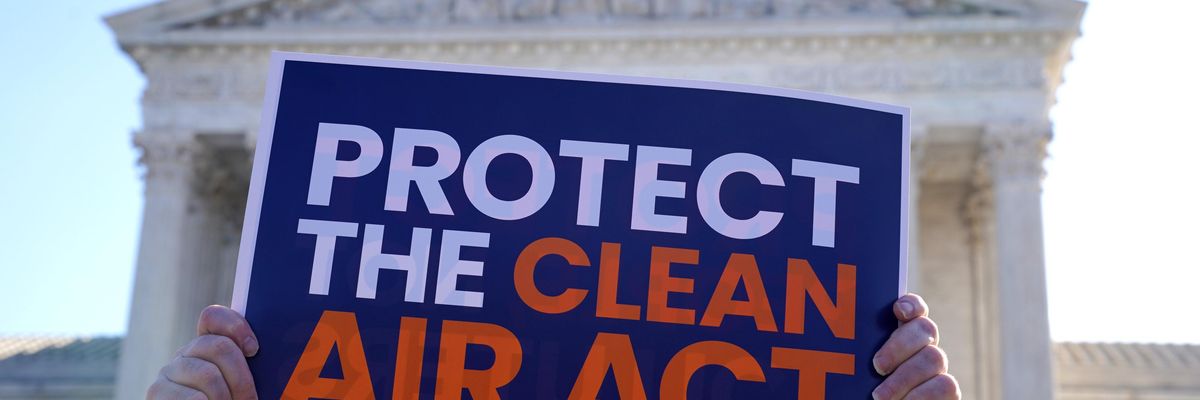It's no secret that the US Supreme Court has issued a number of rulings this year that will hurt working families today and in the future. As a registered nurse living in Miami, the court's decision in West Virginia v. EPA--which undermines the Environmental Protection Agency's authority to regulate power plants under the Clean Air Act--is yet another ruling that has me worried about my patients and my coworkers.
Make no mistake: climate change is a public health emergency. Climate change is linked to conditions as diverse as mosquito-borne illnesses like Zika, water-related conditions such as cholera, and mental health problems like post-traumatic stress disorder. A critical tool in fighting air pollution and climate change, the Clean Air Act has saved millions of lives and spared millions of people a trip to the emergency room.
If Covid-19 has shown us anything, it is that public health is necessary for us to lead full lives and have a functioning economy.
At work, I take care of patients who receive kidney transplants. When they leave the hospital, we gift them with a water bottle emblazoned with the hospital logo. We tell them to take care of themselves not only by taking their medications, but by staying hydrated. Heat and dehydration stress the kidneys and could put their new organ at risk of failing. Doctors and researchers around the world have observed epidemics of heat-related kidney disease, a phenomenon known as "climate-sensitive disease." As carbon emissions continue to warm the planet and cause extreme heat waves, simply taking a walk outdoors will be increasingly dangerous for my patients and many others.
In sunny South Florida where many people work outside in construction or agriculture, climate change will bring growing numbers of people to our hospital with heat illness. We're not alone. Although the most vulnerable among us will feel the greatest impact, everyone--regardless of their race, zip code, occupation, or political party--is affected by harmful pollution, global warming, and climate disasters.
The last two and a half years of life in a pandemic have brought health care workers and the institutions we work for to the brink. Are we prepared for more emergencies--floods, wildfires, Category 5 hurricanes? Can we handle a dramatic increase of people walking through our doors daily with climate-sensitive diseases such as asthma flare-ups, heart failure exacerbations, and heat stroke? Dealing with one crisis has been disruptive enough, but climate change promises to bring dozens of health crises simultaneously, and I fear it will put us over the edge.
Fighting climate change is a form of preventative health care. Although the Supreme Court ruling will hamper the federal government's ability to protect our wellbeing, Congress and the White House can take life-saving action by making bold investments in green infrastructure and programs that will decarbonize our economy. They should also take immediate action to reduce pollution and other causes of climate change. If Covid-19 has shown us anything, it is that public health is necessary for us to lead full lives and have a functioning economy. Our elected leaders must act now to safeguard our future before it's too late.




